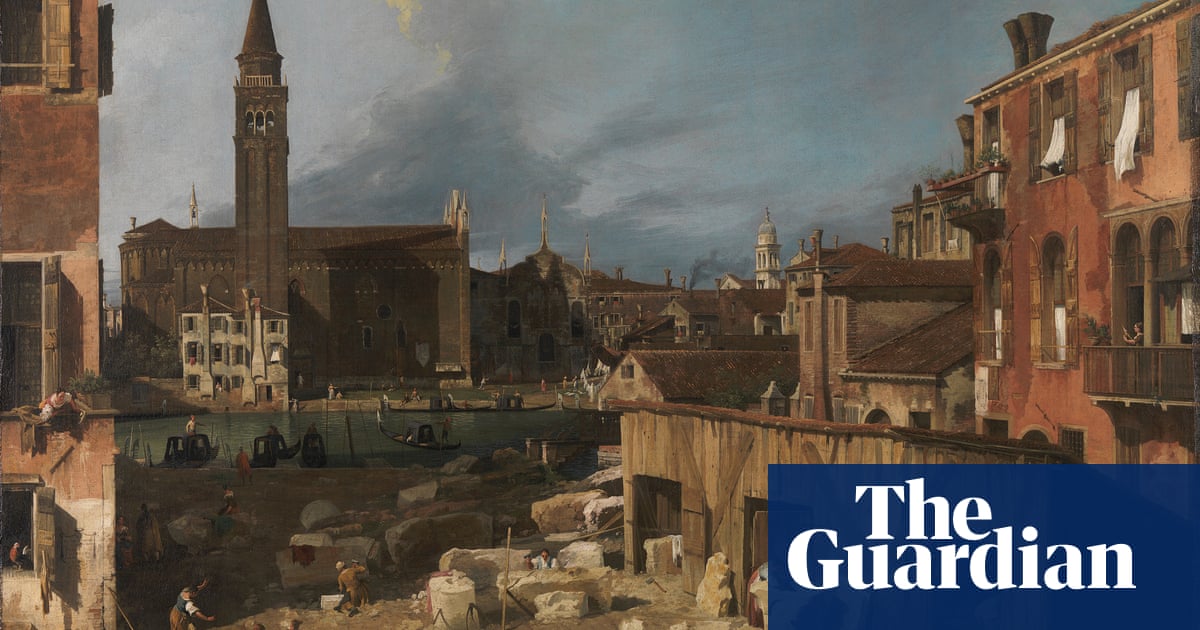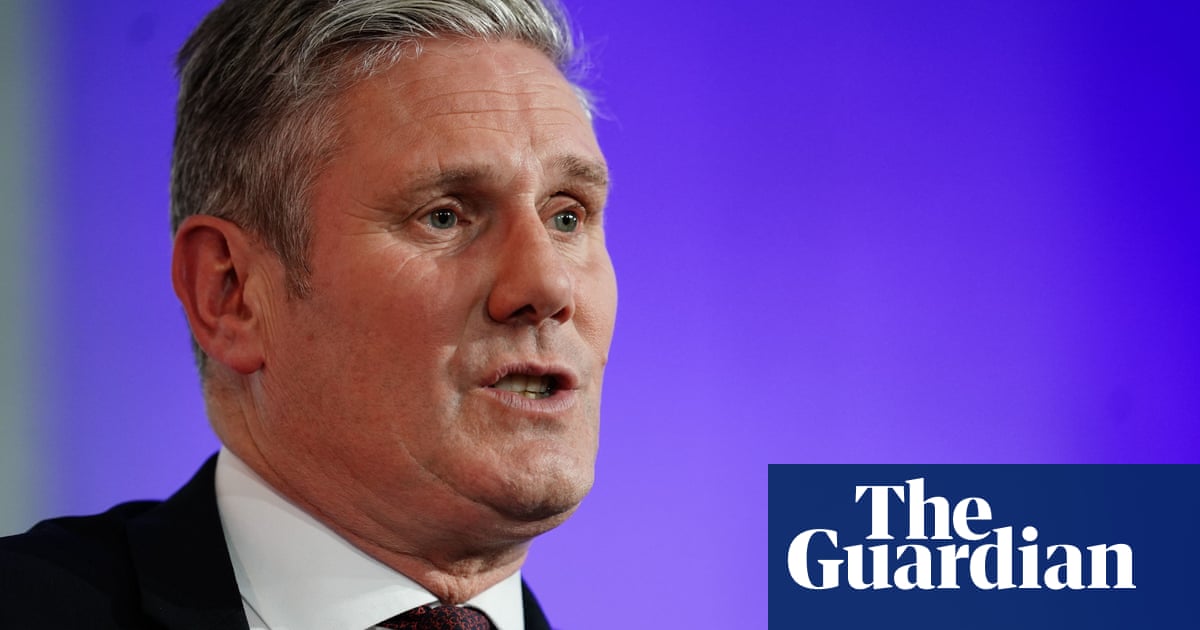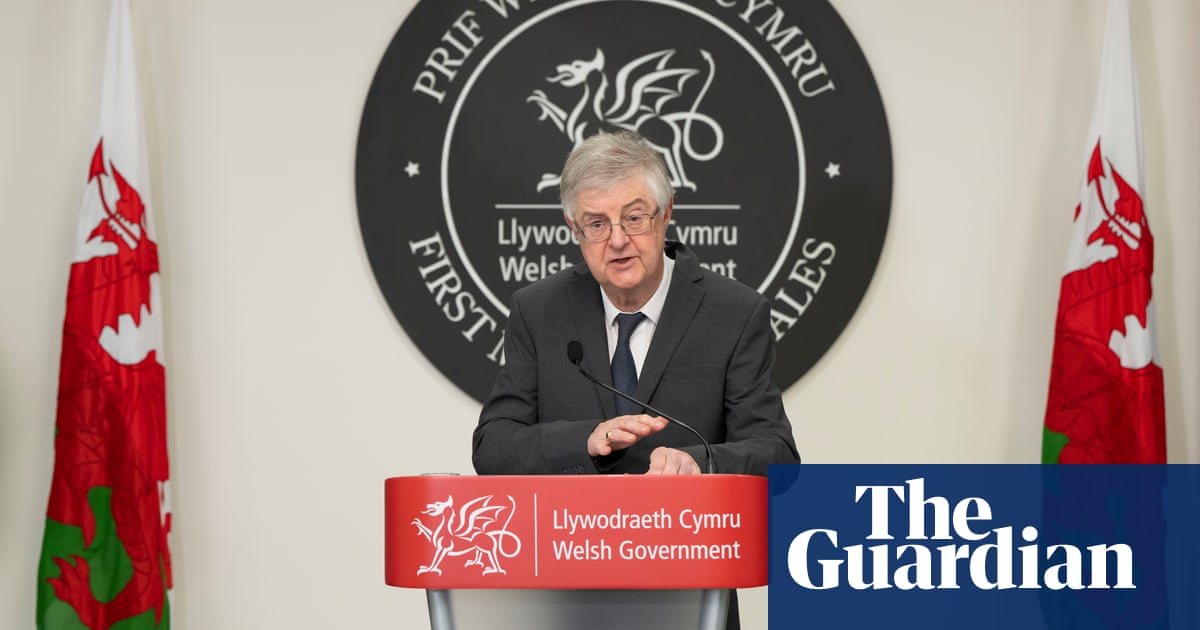
Trash talking has become a feature of the buildup to matches between Wales and Ireland. It has occasionally come from within one of the camps, most notably in 2009 when Warren Gatland surprised England by saying his Welsh players hated the Irish more than any other nationality, but it is more often down to pundits who have been at their most vituperative this week before Sunday’s meeting between the sides, generating the heat that will be lacking at a fan-free stadium.
Welsh websites have bulged with indignation at comments describing Wayne Pivac’s side, which last year suffered its worst Six Nations campaign for 13 years, as rubbish and one step away from the abyss. The former Ireland flanker Stephen Ferris, anticipating Dan Lydiate’s return to Wales’s back row five years after his last appearance in the Six Nations, said he thought the 33-year-old’s best days were behind him and that “diving at people’s feet will only get you so far”.
Wales reacted by saying they had been too busy to read what was being said and written about them, apart from their outside-half Dan Biggar who said he had heard it all before and reckoned it would be a useful motivational tool. The Ireland head coach, Andy Farrell, pointed out their last championship win in Cardiff came back in 2013 and that “between the two camps, we know the truth”.
Which is why they have both opted for experience for a match which will leave the loser facing flak. Pivac, in his second year as Wales head coach, has chosen a starting lineup with 784 caps in a throwback to the days of his predecessor Gatland. While Johnny Williams and Louis Rees-Zammit will be making their championship debuts and bringing down the average age of the side, they are included only because the centre Jonathan Davies is injured and the wings Liam Williams and Josh Adams are suspended.
“The Six Nations is where we will be challenged,” said Pivac when asked if the need for a result meant he was not looking beyond the short-term. “We were not happy at where we were, but it is different now.” And so Alun Wyn Jones will captain the side despite not having played since the Autumn Nations Cup, as is the case with the Ireland wing James Lowe who was picked ahead of Jordan Larmour, while the thirtysomethings Lydiate and Ken Owens beef up Wales’s pack and George North adds his weight to the midfield. Seven of the side have passed the 75-cap mark, relics of Gatland’s glory days.
Both captains are 35 with Ireland’s Jonathan Sexton a couple of months older than Jones. Like Pivac, Farrell inherited a successful side, but he had been part of Joe Schmidt’s management team rather than an outsider. In 2019, Wales won the grand slam and reached the World Cup semi-finals, while Ireland finished third in the Six Nations and flopped in Japan.
They have not won an away match in a tournament for two years, but what does home advantage count for without fans? Pivac, who has a break clause in his contract at the end of the year, has put on hold his ambitions for Wales to play with more ambition and flair than they did under Gatland while Farrell’s attempts to soften Schmidt’s tactical approach led to Ireland becoming at times neither one thing nor the other.
Wales had their attacking moments, especially before the first lockdown, but became easier to score against and lost the defensive resolve that had allowed them to mask any weaknesses in the set pieces. Playing their autumn matches in Llanelli, and the absence of spectators, doused their fire and both sides have taken a step back before confronting the future again. What they have is pedigree, but the pressing need for a result will make for another confrontational afternoon when the ball is more likely to be kicked skyward than put through hands.
Wales’s preparations were affected by the revelation that Adams had breached the tournament’s Covid-19 regulations and the law by leaving home to attend a family gathering last Sunday. The wing was fortunate to be suspended for only two matches given the potential risk he was putting his teammates under when he returned to camp at a time when the government in Paris is looking for the slightest excuse to pull France out of the tournament.
If it is hard on Pivac, it indicated at a slackness post-Gatland, a loosening of the collective bond with someone putting himself first. Wales hope the incident will draw everyone closer: “We have to stick together and move on,” said Owens, but with Ireland, followed by a trip to Murrayfield, and then England in Cardiff, defeat would leave them floating with the wreckage of the past.
“It’s the way of the world,” said Farrell, when asked about the insults being hurled at Wales. He knows they will come his side’s way should they extend what is their worst sequence of results in the championship in Cardiff since the early 1980s. The old normal may have been suspended, but these are unforgiving times when words can be more cutting than the action.
Wales: L Halfpenny Scarlets, L Rees-Zammit Glouc, G North Ospreys, J Williams Scarlets, H Amos Cardiff, D Biggar Northampton, T Williams Cardiff, W Jones Scarlets, K Owens Scarlets, T Francis Exeter, A Beard Ospreys, A W Jones Ospreys, D Lydiate Ospreys, J Tipuric Ospreys, T Faletau Bath
Ireland: H Keenan Leinster, K Earls Munster, G Ringrose Leinster, R Henshaw Leinster, J Lowe Leinster, J Sexton Leinster, capt, C Murray Munster, C Healy Leinster, R Herring Ulster, A Porter Leinster, T Beirne Munster, J Ryan Leinster, P O’Mahony Munster, J van der Flier Leinster, CJ Stander Munster












